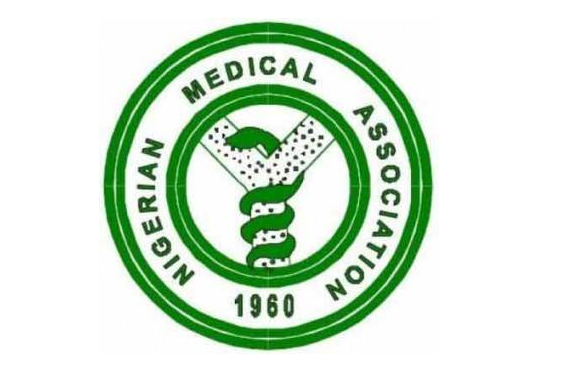Only about 24,000 of the 91,079 registered medical doctors between 1963 and 2021 in Nigeria, are currently serving the country’s population of over 200 million.
When juxtaposed alongside the population, Nigeria currently has a doctor-population ratio of approximately 1:10,000, a far cry from the World Health Organisation (WHO) recommended ratio of 1:1000.
President of the NMA, Dr. Uche Ojinmah, gave the statistics at a one-day symposium in Abuja with the theme: “Nigeria’s recent health sector brain drain and its implications for sustainable child and family health service delivery and financing in the context of new national health priorities.”
The symposium was organised by the National Institute for Policy and Strategic Studies (NIPSS) in collaboration with the Partnership for Advancing Child and Family Health at Scale project of the Development Research and Projects Centre.
“At this juncture, I leave to your imagination the number of actively licensed physicians in Nigeria relative to those registered to practice as stated above. Available data places it around 24,000 giving a horrible true ratio of approximately 1:10,000. This ratio of 1:10,000 is a national average but in most states, the situation is palpably worse.
“Only one doctor is incredibly available to treat 30, 000 patients in some states in the south, while states in the North are as worse as one doctor to 45,000 patients. In some rural areas, patients have to travel more than 30 kilometers from their abodes to get medical attention where available thus making access to healthcare a rarity.
Ojinmah said based on WHO established minimum threshold, a country needs a mix of 23 doctors, nurses and midwives per 10,000 population to deliver essential maternal and child health services.
“This explains why Nigeria ranks as one of the countries with the worst maternal and child mortality rates,” he added.
The NMA president, therefore, recommended a private sector-driven healthcare system with government support and an enabling environment which will, over time, stop and maybe lead to brain gain.
In an earlier address, the Director-general, NIPSS, Prof Ayo Akintayo, said brain drain must be addressed as the challenge is.
He decried that huge resources are used to train medical practitioners who leave for places where they believe there are better opportunities.
Akintayo, therefore, proposed among others, the need for controlled migration in addition to creating an environment that makes it possible for people to stay and work.









